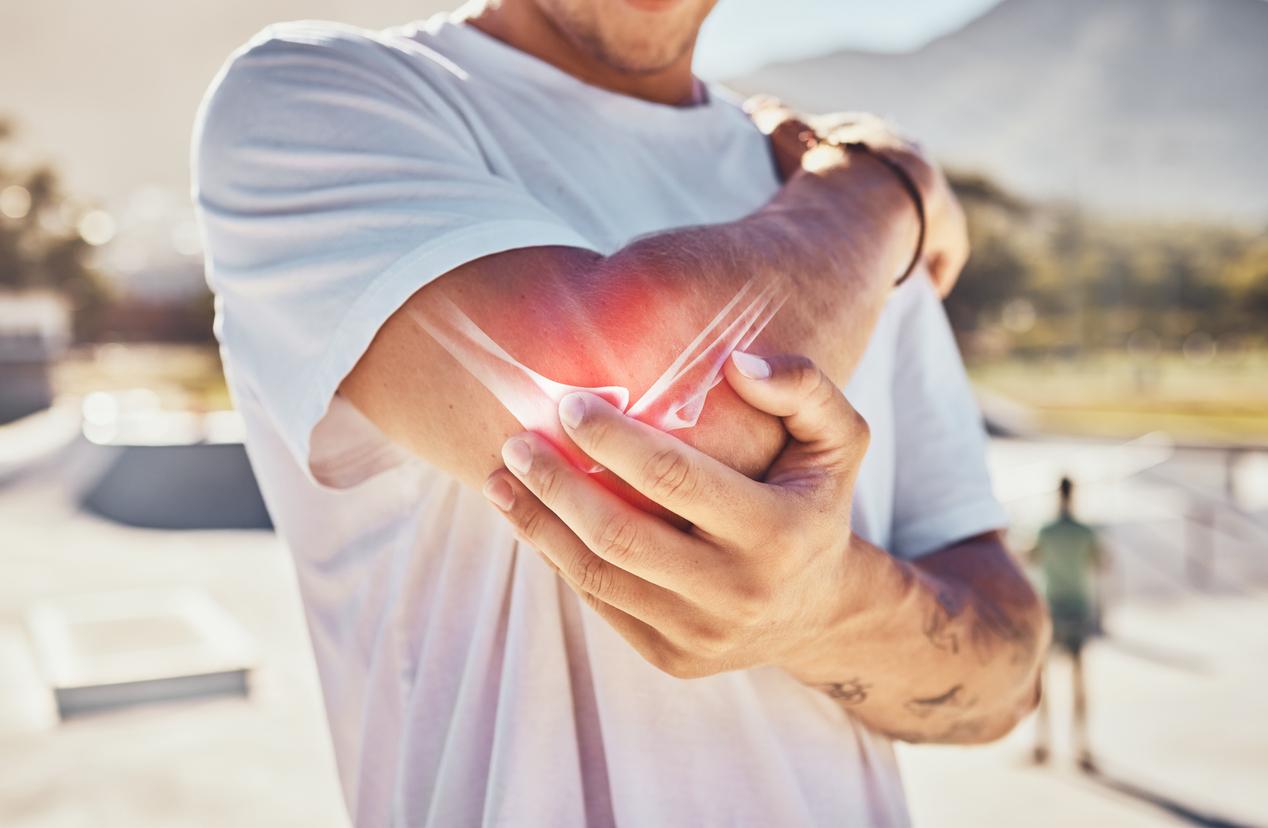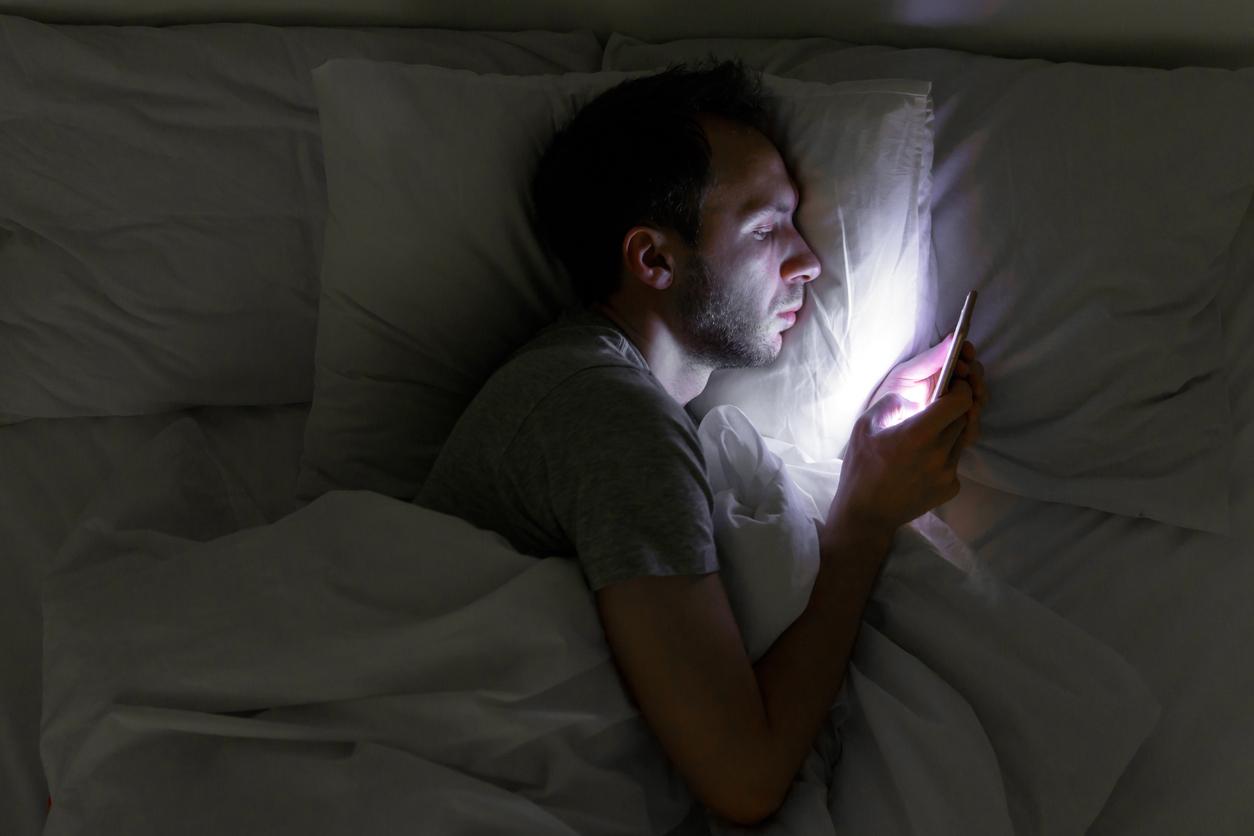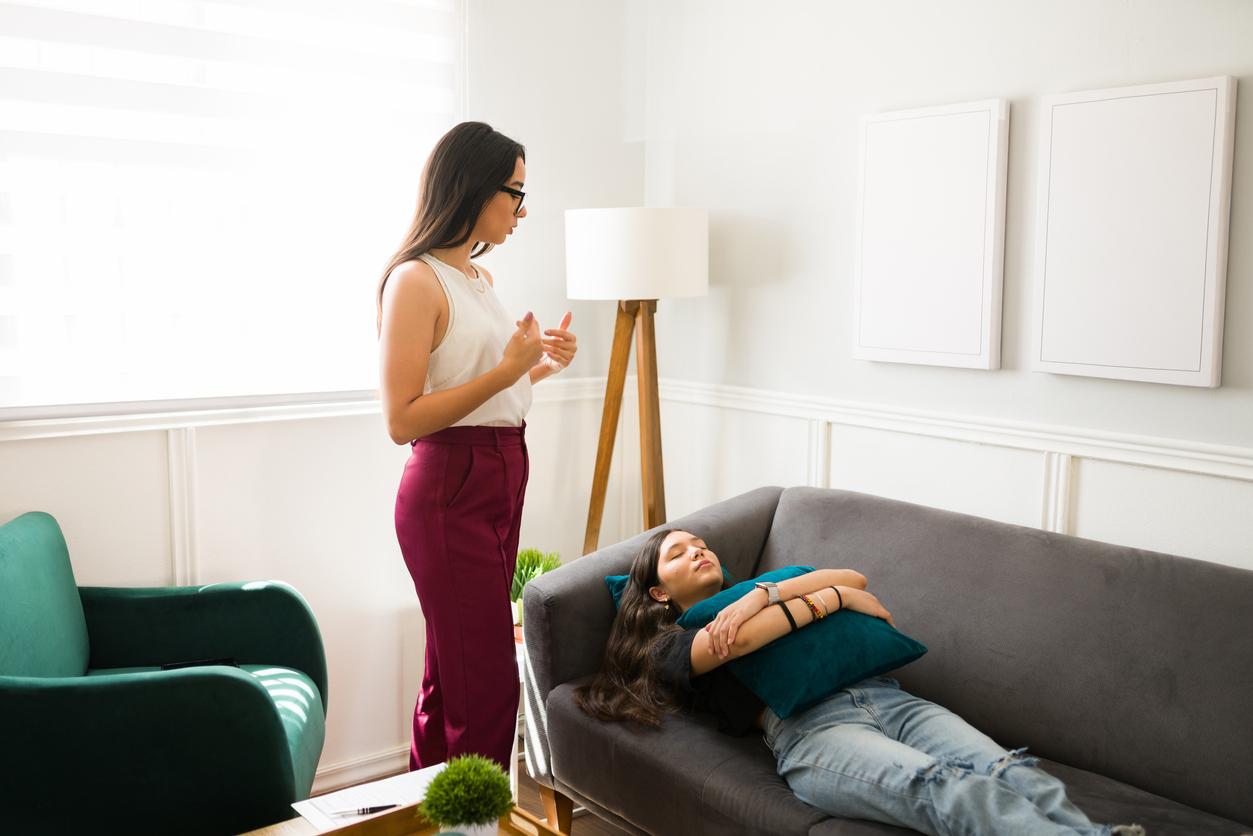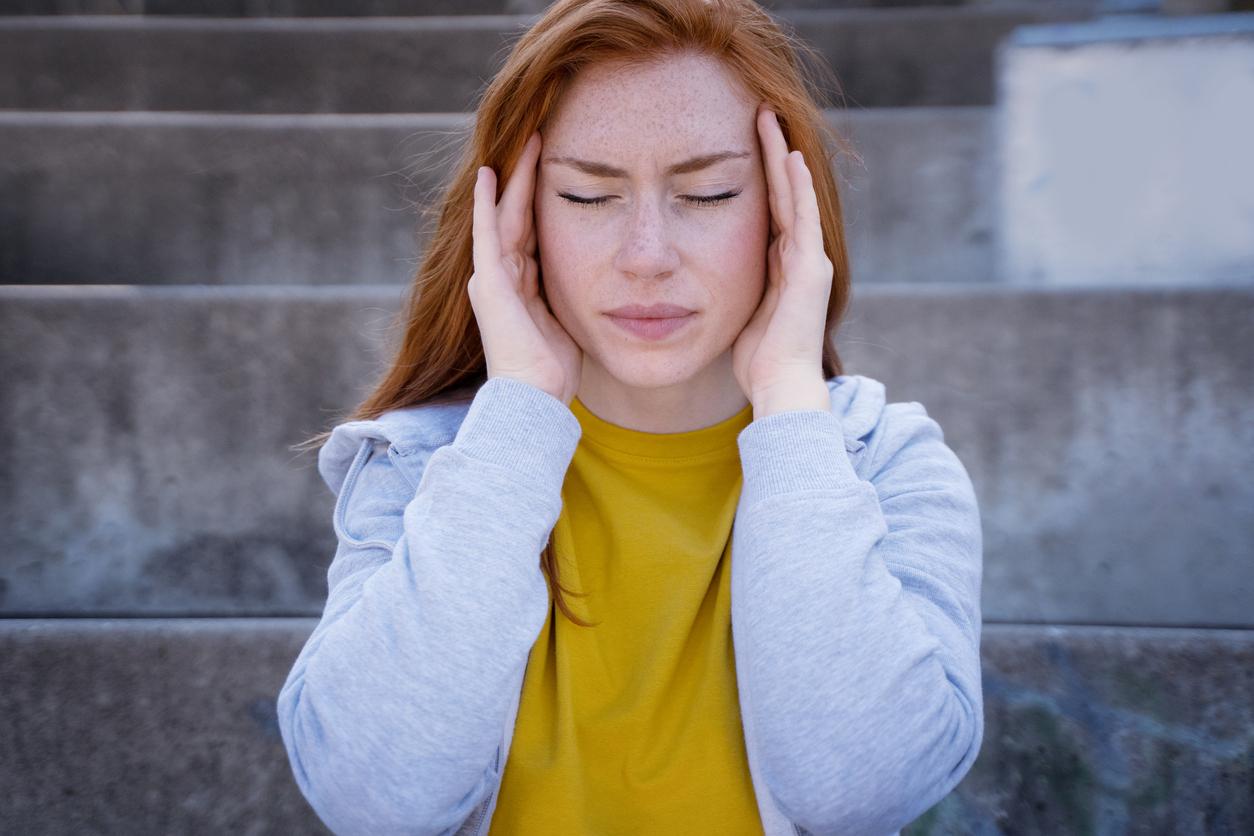Regardless of the intensity of the symptoms of winter blues, all are to be attributed to the lack of sunshine. It is indeed the light perceived by our retina which ensures the correct synchronization of our internal clock. Very schematically, we could say that this tiny structure located in our brain, at the intersection of the two optic nerves, secretes in the evening a hormone, melatonin, which has the effect of making us fall asleep. In the morning, the simple fact of opening your eyes and seeing daylight suddenly drops the rate of secretion of this hormone. Which wakes us up. But for some, this beautiful mechanism lacks precision. This is why, depending on our own sensitivity, we can be more or less affected by the lack of light. And sometimes have the impression of idling for a few months.
The researchers therefore thought about the possibility of simulating optimal sunshine throughout the year. This is how the light therapy: the supply of artificial light, probably by acting on the level of our internal clock, produces an improvement in the symptoms which begins to be felt from the second week of use. Of course, it’s not about shining your desk lamp in your face when you’re feeling down!
Only very specific lamps, diffusing white light and having infrared and ultraviolet filters are effective and safe. To obtain good results, you must expose yourself to it every morning when you get up, for several weeks. And make sure that they deliver a luminosity of 10,000 lux when you stand at 30 cm. It is possible to use less powerful devices, but it is then necessary to adapt the time of use: 30 minutes for 10,000 lux, 60 for 5,000 lux… A precision: these exposures can cause tingling or headaches, but such side effects are very rare.
Even if its cost is high, it is better to invest in a light therapy device with an approval from the Ministry of Health. Talk to your doctor, who will be able to advise you or, if necessary, refer you to a specialist. It should also be ensured that you do indeed suffer from seasonal affective disorder. And not, for example, hypothyroidism, the symptoms of which are quite similar. Finally, you must be certain that you have no contraindications such as retinitis pigmentosa, cataractfrom bipolar disorders… Also be careful if you take photosensitizing drugs.
Read also :
Luminotherapy: I tested the luminatte
Seasonal depression: the culprit is identified


















